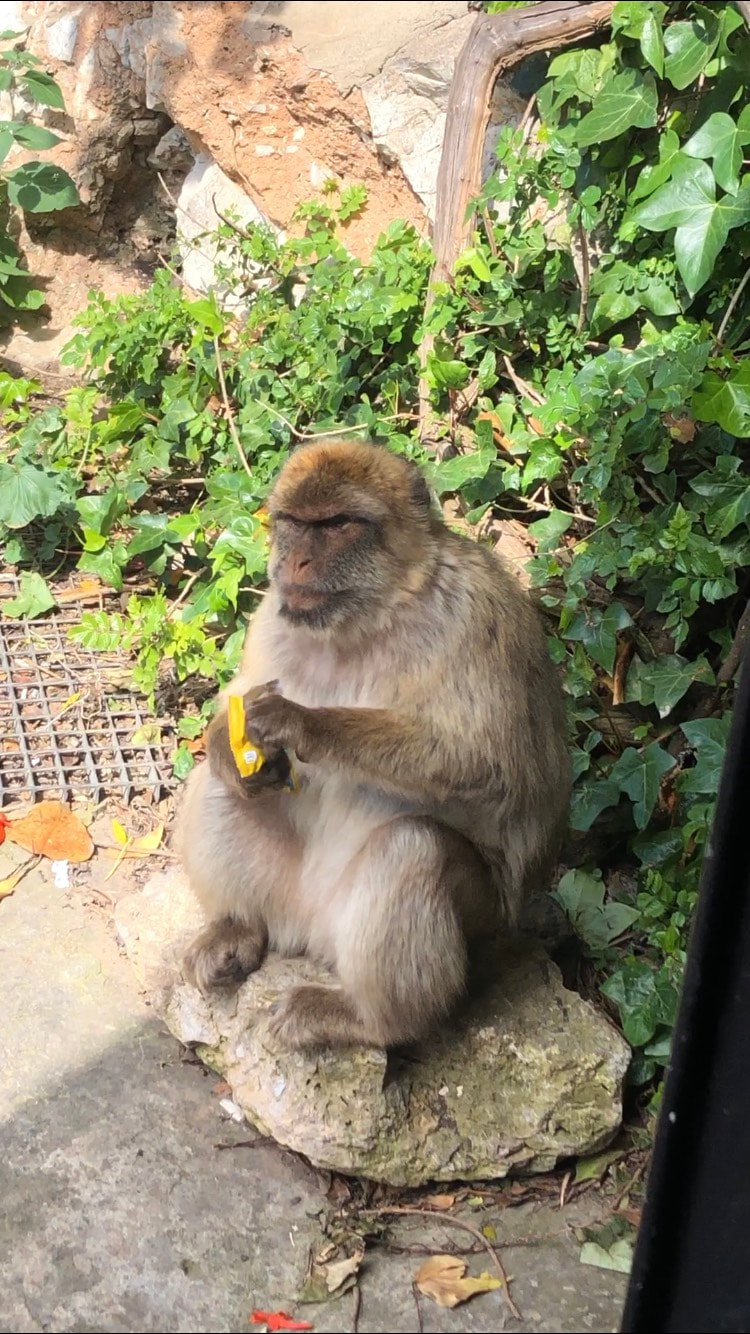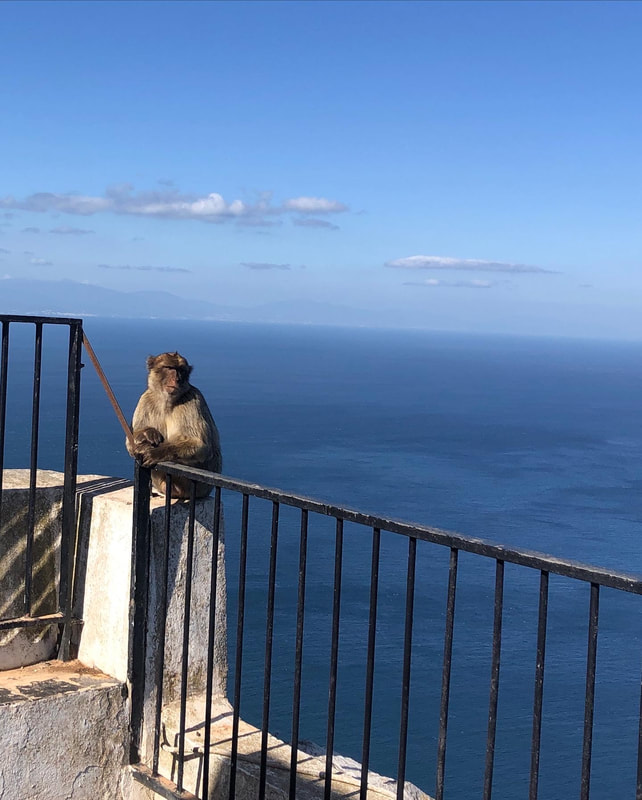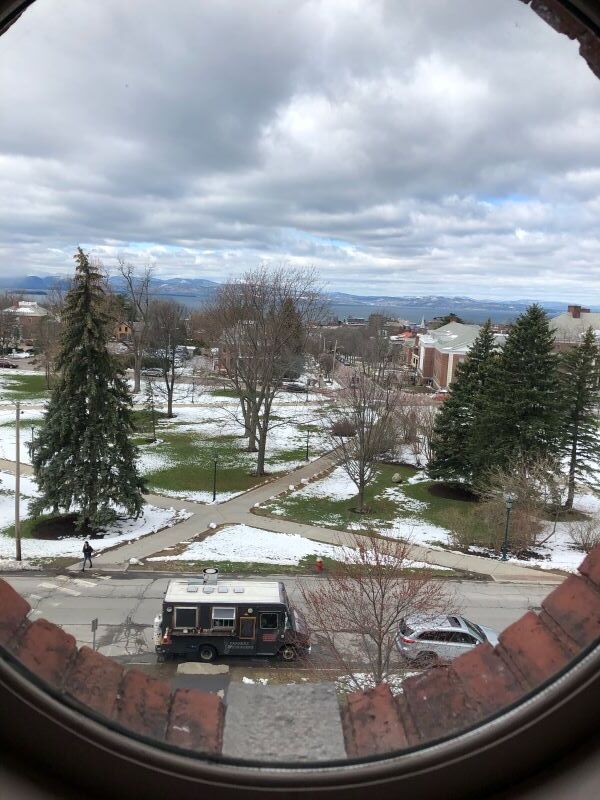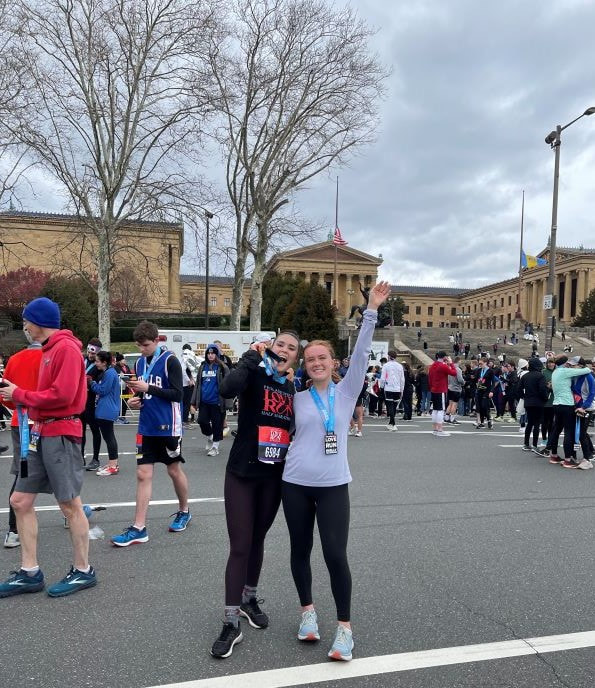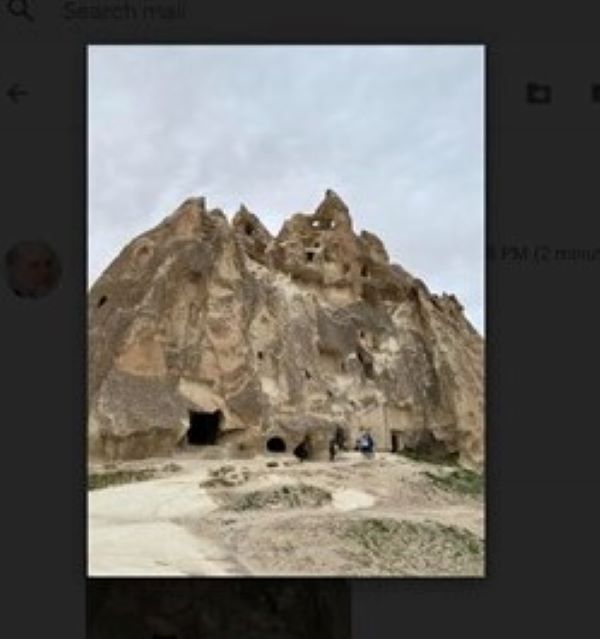 George and two buddies from Pennsylvania are visiting an exchange student pal and his family in Turkey, and getting a great tour. This is the rock formation in Cappadocia, with its ancient catacombs and eerie wind-blasted towers, which George pronounced as "Martian -- beautiful and slightly spooky." We told him we had stayed in the hilltop hotel in our epic visit in 2012, On Wednesday he was at Topkapi and Blue Mosque and Hagia Sofia. We expect a full update when he gets back. The shame of the airline industry continues with yet another money grab.
The airlines are now pushing a separate $59 fee for aisle and window seats, forcing poorer families to be separated to middle seats throughout the planes. This blatant appeal to the affluent, this slap in the face to the less fortunate, was criticized by Sen. Charles Schumer of New York on Sunday. Good for Schumer, a family man who can see the injustice of this latest fee. Admittedly, the airlines are coping with the cost of fuel. But their response has been to give up all amenities. Many of my friends are turned off by flying, saying, “It’s nothing like it used to be.” Unable to balance their budgets, the CEOs – with their gigantic salaries and payoffs when they fail – have come up with a system of fees. This same class of lavishly-rewarded CEOs -- in the banking industry -- has come up with unadvertised $25 fees for services that had previously been part of banking. This is why I do not fret about Jamie Dimon’s little multi-billion-dollar shortfall at JP Morgan Chase. Dimon will keep his salary and his bonus and his pension when he finally goes – partially because you will be contributing hidden fees to his going-away present. In fact, it is probably costing you a $25 banking fee just for having read the past paragraph. Airlines have the fee disease, too. In recent years they got the smart idea of charging a $25 fee for each piece of checked luggage. This of course encourages passengers to carry their life belongings onto the plane. I sympathize with people trying to save $25. But how much does it cost the airline in fuel and surcharges when the pilot misses his slot on the runway because somebody is still trying to cram a steamer trunk into a space designed to hold pillows? Now the airlines are perpetuating class warfare by offering prime seats for $59 extra. The social implications are that a family of four may not have multiples of $59 to shell out for each good seat. If the affluent can upgrade to aisle seats, airline agents are sure to cold-heartedly force families to split up on the flight. Children – and sometimes the elderly – need companionship even for an hour or two on shorter flights. Goodness knows, a lot of people have $59 to spend for their comfort and status. But I say, let them stay in posh hotels and patronize chi-chi restaurants. However, one thing might discourage the executives’ scheme to separate families. This possibility was pointed out by a lady with whom I travel on occasion: the yuppie in designer clothing who just paid $59 for an aisle seat gets to sit next to a squirming child many rows away from family supervision. Inconvenience – plus, let’s say, a bout of projectile vomiting -- could hamper corporate avarice more than corporate shame ever will. Your comments on airline greed? |
Categories
All
|
